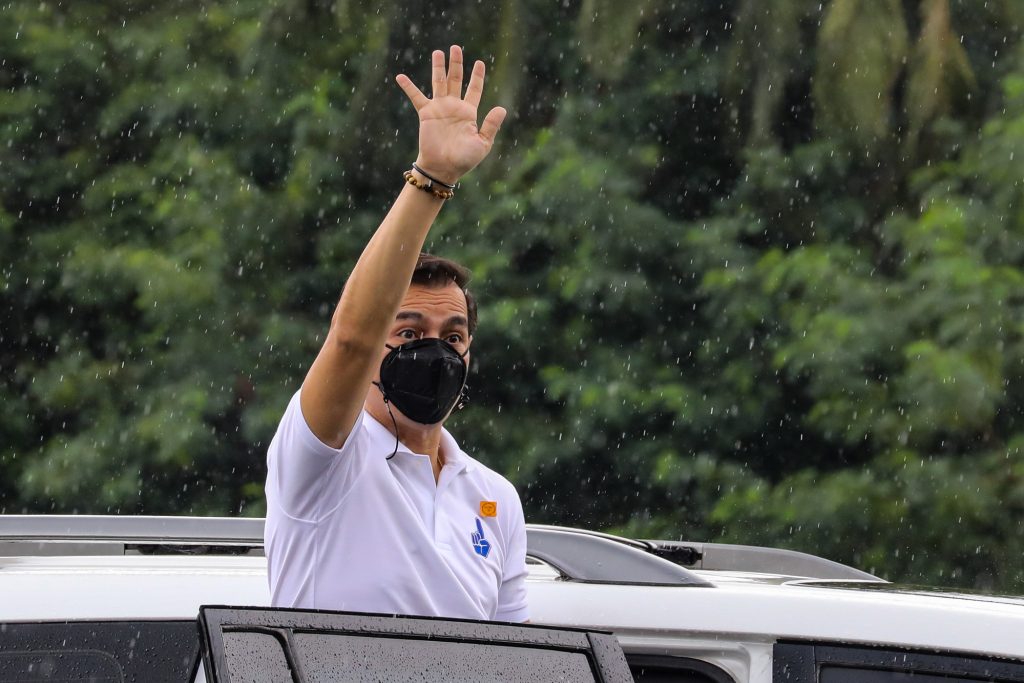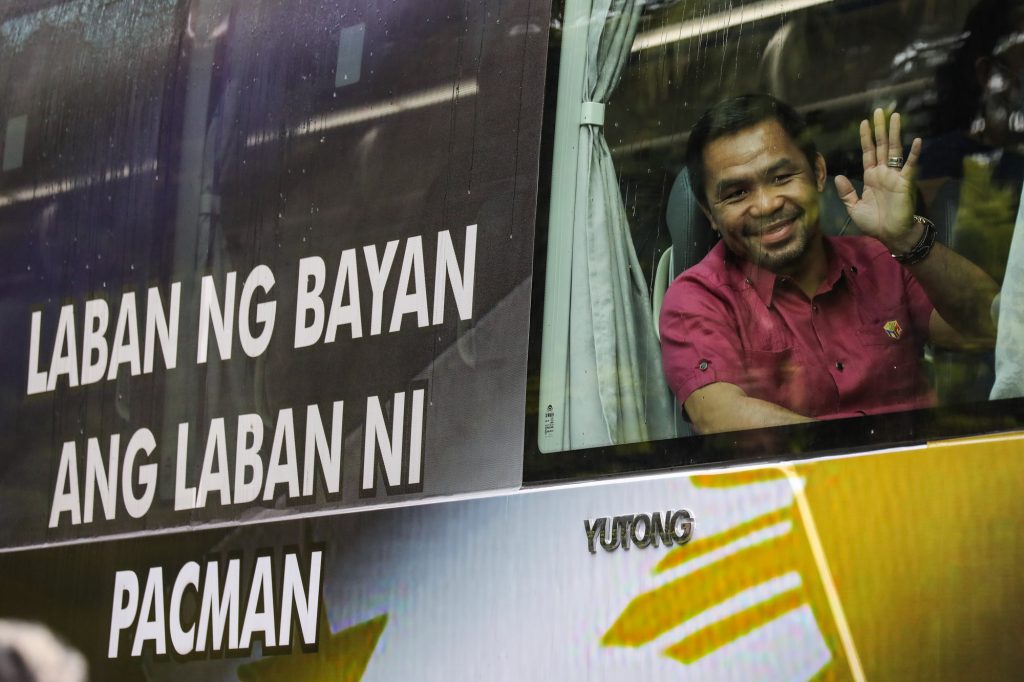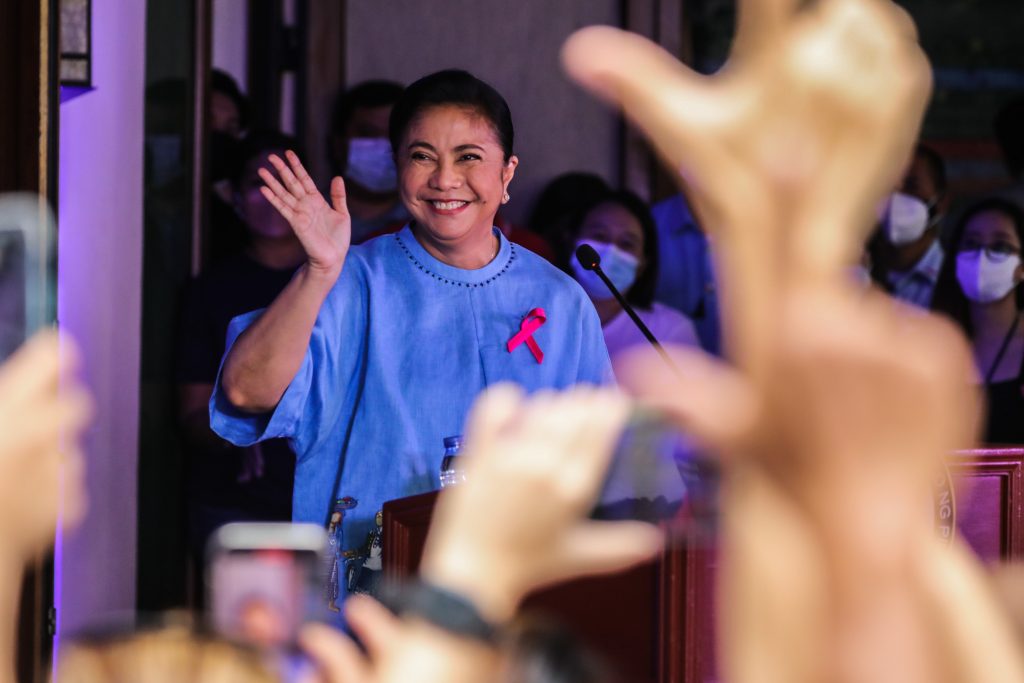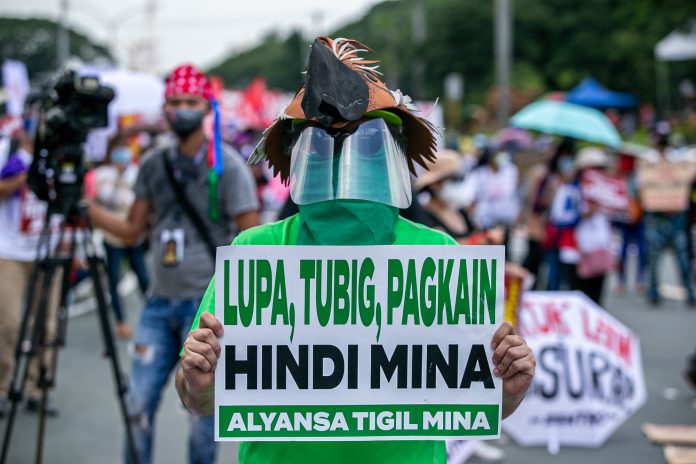As we are deep into the Christmas season, one of the best gifts to receive is the gift of information. It becomes even more valuable when the future of our country is at stake.
The climate and environment agenda is the most critical yet overlooked issue heading into the 2022 elections. Our experiences from both climate change and the COVID-19 pandemic have shown us that planetary health is key to achieving national sustainable development.
Addressing these issues requires political leadership with foresight, ability to see the “big picture” in planning and implementing solutions, and understanding of upholding social justices. These characteristics must be embodied by our next President, who has the most power to change the culture of green governance in the Philippines.
The question is: where do the six most prominent Presidential candidates stand on the climate and environment agenda?

Isko Moreno
The current Manila mayor has implemented key climate and environmental policies in the nation’s capital. Last year, the city joined a global campaign committing to achieving safe air quality by 2030. It also began implementing local measures to reduce greenhouse gas emissions, including installing solar panels on government buildings and public schools, the promotion of electric vehicles, cycling, and walking, and the creation of its greenhouse gas inventory.
Regarding the Manila Bay, Moreno has stated that reclamation projects must not be prioritized in the area, and that corporations intending to be involved must secure all permits. While expressing support for ongoing rehabilitation efforts, he has not expressed opposition to the dolomite beach project, supporting its assessment by the Department of Environment and Natural Resources and the Mines and Geosciences Bureau to be safe for the public.
With areas of Manila suffering from plastic pollution, Moreno led the launching of an incentivized plastic waste collection program with the Pasig River Rehabilitation Commission and several companies. He has also stated that poverty alleviation must be prioritized over phasing out plastics in the city, and prefers promoting reusing, and recycling practices for the benefit of local residents and businesses. He also supports waste-to-energy programs to address the city’s garbage problems.
If elected, Moreno has also expressed his willingness to pursue a joint oil and gas exploration in West Philippine Sea with China, as he sees it as a means to cheaper electricity. This, however, must only come under contracts and terms set by the Philippine government.

Manny Pacquiao
The boxer-turned-legislator has co-authored several bills promoting stronger climate and environmental action in the Philippines. These bills include a version resembling Go’s on the creation of a Department of Disaster Resilience, the ban on single-use plastics, and promoting waste-to-energy facilities. None of these bills, however, have been enacted into law.
On climate change and air quality, Pacquiao supports forest conservation and reforestation efforts in the country. He also pushed for the full implementation of the Clean Air Act of 1999, while opposing further coal expansion and supporting renewable energy development.
Pacquiao has also voiced his support for both nuclear energy and responsible mining in the Philippines, even citing the Bible to justify the latter. He said that proponents of potential projects related to either must follow environmental regulations.
Regarding Manila Bay, Pacquiao recently stated his intent to investigate the controversial dolomite beach, citing possible anomalies regarding machinery used in the project. On the other hand, a planned major reclamation project in the area would include a sports stadium named after him.

Leni Robredo
The current Vice President has previously emphasized the need “to be serious about climate change“. On reducing greenhouse gas emissions, she opposes the country’s heavy reliance on coal plants while supporting renewable energy expansion. She also advocates for sustainable consumption and enhancing the capacity of communities to access the People’s Survival Fund, which is dedicated to strengthening adaptation against harmful climate change impacts.
The leader of the opposition has criticized Duterte on his inconsistent policies, including the stances on mining and the dolomite beach project, calling the latter a misplaced priority amid the COVID-19 pandemic. However, she has praised other aspects of the Manila Bay rehabilitation, while expressing concerns about potential reclamation projects.
On disaster governance, Robredo expressed reservations with the proposed Department of Disaster Resilience, fearing that it could add more red tape and harm measures at the national and local levels. She further questioned Duterte’s favoritism for China in several projects with environmental implications. This includes the funding for the Kaliwa Dam and the bilateral terms for a potential joint exploration of the West Philippine Sea.
On environmental justice, Robredo called for fairer treatment of the displaced due to government projects, such as indigenous peoples around the Kaliwa Dam site and workers during the Boracay rehabilitation. She has also called for prompt investigations into the killing of environmental defenders, in which the Philippines ranks second worldwide.
And the winner is …
Based on this evidence, it appears that the climate and environmental stances by the six leading presidential candidates are heavily influenced by their political positions and long-running stands on other matters, such as corruption.
This is an important reflection on the nature of environmental governance in the Philippines. What happens to our climate and environment ultimately affects all other aspects of our society, from economic development to achieving social justices. This justifies why the green agenda must be prioritized in 2022 and beyond, and why we should care about these issues.
In a similar way, the candidates’ green platforms are not the only factor in choosing our next President and other elected officials. They must also have other necessary traits and skills, including proven track records, lack of criminal offenses, strong political will, respect for peoples and cultures, and moral integrity.
Nevertheless, the winner that matters in 2022 is not the one who gets voted into office. Rather, it is the Filipino people who should benefit from and support the actions of the leaders that they choose and deserve.
We call on all candidates to publicize their green platforms to the Filipino nation. We deserve better. We need better for our collective sustainable future.
This is part one of a two-article series presenting the green agenda of the six most prominent candidates for the Philippine Presidency in 2022. All positions presented here are collected from previous news articles and other publicly-available materials as of 30 November 2021.
John Leo is the Deputy Executive Director for Programs and Campaigns of Living Laudato Si’ Philippines. He has represented Philippine civil society in regional and global UN conferences on climate and the environment since 2017. Candidates may send their environment platforms to [email protected].









